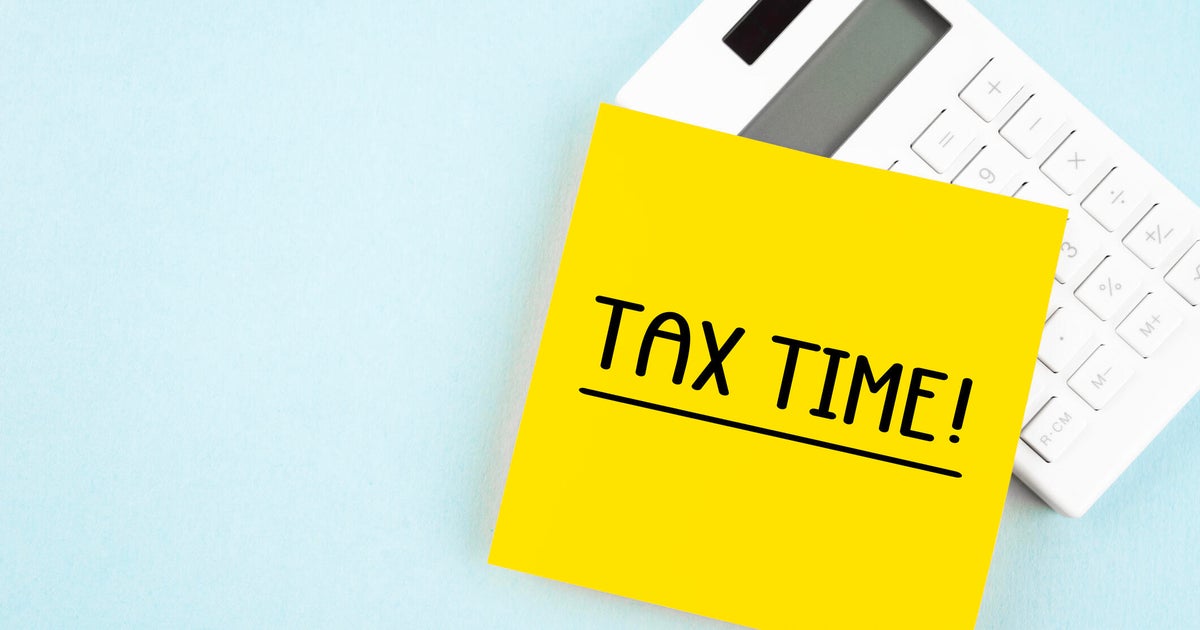Which is the best debt relief option for seniors? Experts decide
Economic conditions are challenging for many these days. Despite recent drops, inflation has remained stubbornly high, and interest rates are even higher, making it hard to access cash — and even easier to rack up debt in an emergency.
These types of financial issues can and often do impact everyone. However, they may be particularly difficult for seniors, who are often operating with very limited incomes and tight household budgets.
Fortunately, there are also options for seniors struggling with debt. From debt consolidation loans to filing for bankruptcy, seniors have several paths forward.
Find out what types of debt relief options are available to you here.
Which is the best debt relief option for seniors? Experts decide
Which debt relief option is right for you? Here's what experts say.
Debt consolidation loans
Debt consolidation is the "most favorable and attractive option" for seniors, according to Tyler Johnson, owner and financial advisor at StillWater Financial Advisors.
With debt consolidation, you take out a loan or credit card — one with a lower rate than what you have on your existing credit cards and debts — and then use that loan to pay off your balances. This basically rolls all your debts into one single loan, allowing you to make just one payment per month — over an extended period — in order to pay off the debt.
"The main key here is to take higher interest rates and move them into lower interest rates to help you make up more ground on the debt balance owed," Johnson says. "The higher the interest, the more of each payment goes to interest instead of your balance."
If you own a home, you may have other debt consolidation options, too.
"If you have a home with equity, a home equity loan or reverse mortgage could be an option for paying down debt," says Brittany Pedersen, director of deposit and payment operations at Georgia's Own Credit Union.
Keep in mind: Debt consolidation won't work for everyone, as you'll need to qualify for the new loan or credit card — and be able to secure a lower interest rate when you do.
"It usually only makes sense if you have multiple obligations with relatively high interest rates and a great credit score," says Thomas J. Brock, a chartered financial analyst with Annuity.org.
Explore how the right debt relief path could help you tackle your high-rate debts now.
Debt management plans
Debt management plans (DMPs) are another option. These are usually offered through non-profit agencies and debt relief companies and involve securing a pre-arranged, lower interest rate on your debts. You'll then make monthly payments to your debt management plan company, and they'll pay down your balances with creditors on your behalf.
Just be careful: These plans can come with fees and hidden charges. They also may hurt your credit in the long run.
"There is no direct negative impact to one's credit for using a DMP," Johnson says. "However. in many cases you will have to close the accounts once paid off which can affect your credit score."
To make sure a DMP is right for you, run the numbers, says Sean Fox, president of debt resolution at Achieve. Look at the interest you'll pay across the entire DMP, and factor in monthly fees, too.
"These can add up substantially," Fox says.
If the savings aren't worth it, you may be able to negotiate with your creditors directly.
Debt settlement
Debt settlement is a third option you can explore. This one involves negotiating with creditors to accept a lower balance than you actually owe.
"This process usually involves a company going to the creditors and negotiating a lower amount to be paid to settle the debt," Johnson says. "Creditors are often willing to do this for distressed receivable balances because if the person goes to bankruptcy their claim goes away." (Essentially, if you're behind on payments, they may see this as their only option forward.)
If you go this route, be warned: You could owe taxes on the amount of debt forgiven. It will also stay on your credit report for seven years and could result in a big dip in your credit score.
There are also lots of scams out there or, as Brock puts it, "bad actors with predatory behavior," so be careful who you work with. Check reviews, verify their experience, and, most importantly, "Never work with a firm that guarantees debt relief or seeks upfront payment for services."
As with other debt relief options, you can also attempt to settle your debts yourself by contacting creditors directly. If you can prove financial hardship and show your limited income/assets, they may be willing to work with you.
Bankruptcy
A last resort is filing for bankruptcy — especially if you have any valuable assets, like a paid-off home or vehicle, for instance.
"Bankruptcy should always be a last resort," Pedersen says. "You may have to give up some of your assets."
Filing bankruptcy also comes with fees (both filing fees and attorney fees), hurts your credit more than other debt relief options and will stay on your report for seven to 10 years, depending on what type of bankruptcy you file.
"Filings are also public," Fox warns, "meaning anyone who wants to access the information can."
The bottom line
If you're not sure which path to pursue — or which is best for your finances and goals, then talk to a financial advisor or credit counselor. They can help you weigh your options, as well as understand the risks they may come with. As Johnson puts it, "There is no one size fits all for seniors in search of debt relief."




